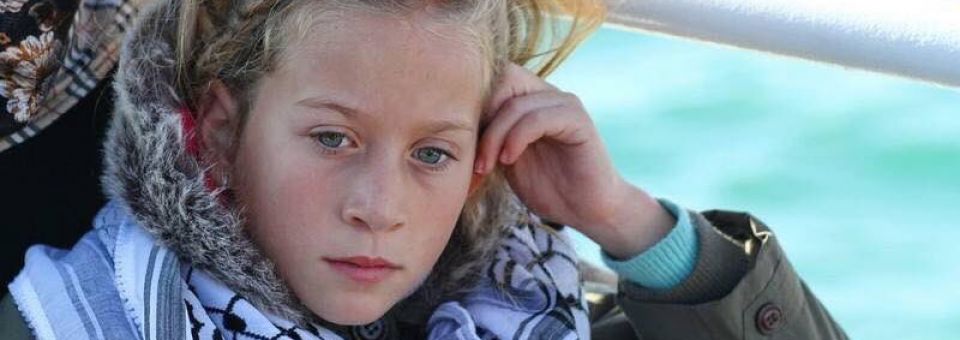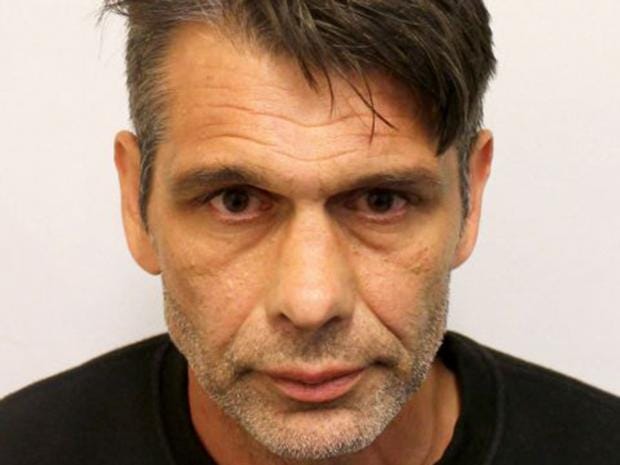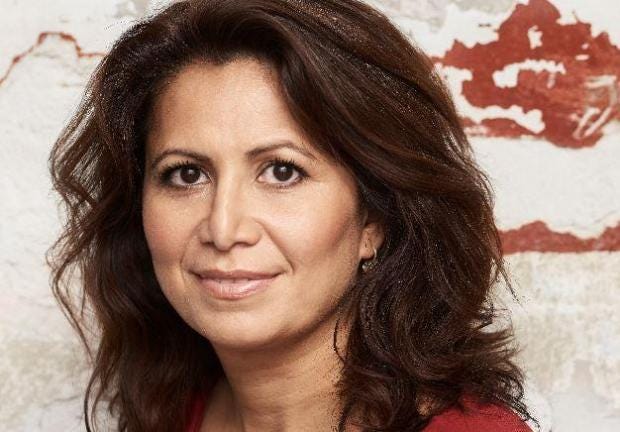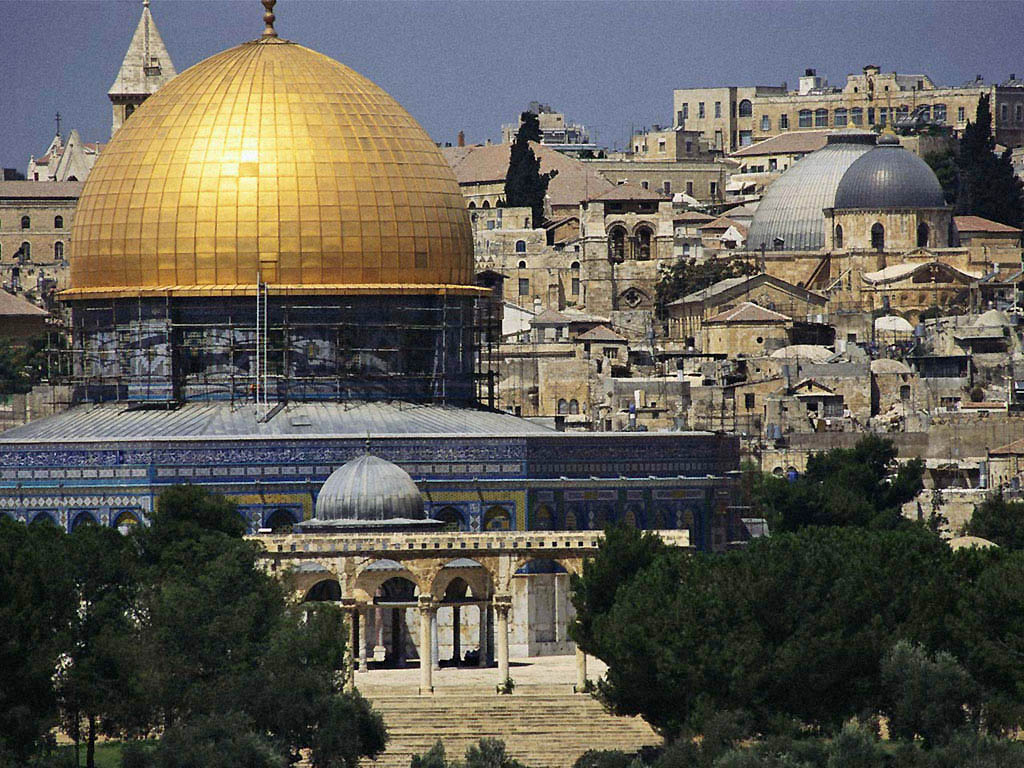Companion of Prophet Muhammad

, Khalid ibn El Waleed narrated the following:
A Bedouin came one day to the Prophet

and said to him, "O, Messenger of God! I've come to ask you a few questions about the affairs of this life and the Hereafter. "
The Prophet  responded Ask what you wish.
responded Ask what you wish.
Bedouin: I'd like to be the most learned of men.
Prophet: Fear God, and you will be the most learned of men.
Bedouin: I wish to be the richest man in the world.
Prophet: Be contented, and you will be the richest man in the world.
Bedouin: I'd like to be the most just man.
Prophet: Desire for others what you desire for yourself, and you will be the most just of men.
Bedouin: I want to be the best of men.
Prophet: Do good to others and you will be the best of men.
Bedouin: I wish to be the most favored by God.
Prophet: Engage much in God's praise, and you will be most favored by Him.
Bedouin: I'd like to complete my faith.
Prophet: If you have good manners you will complete your faith.
Bedouin: I wish to be among those who do good.
Prophet: Adore God as if you see Him. If you don't see Him, Know that He sees you. In this way you will be among those who do good.
Bedouin: I wish to be obedient to God.
Prophet: If you observe God's commands you will be obedient.
Bedouin: I'd like to be free from all sins.
Prophet: Bathe yourself from impurity and you will be free from all sins.
Bedouin: I'd like to be raised on the Day of Judgment in the light.
Prophet: Don't wrong yourself or any other creature, and you will be raised on the Day of Judgment in the light.
Bedouin: I'd like God to bestow His mercy on me.
Prophet: If you have mercy on yourself and on others, God will grant you mercy on the Day of Judgment.
Bedouin: I'd like my sins to be very few.
Prophet: If you seek the forgiveness of God as much as you can, your sins will be very few.
Bedouin: I'd like to be the most honorable man.
Prophet: If you do not complain to any fellow creature, you will be the most honorable of men.
Bedouin: I'd like to be the strongest of men.
Prophet: If you put your trust in God, you will be the strongest of men.
Bedouin: I'd like to enlarge my provision.
Prophet: If you keep yourself pure, God will enlarge your provision.
Bedouin: I'd like to be loved by God and His messenger.
Prophet: If you love what God and His messenger love, you will be among their beloved ones.
Bedouin: I wish to be safe from God's wrath on the Day of Judgment.
Prophet: If you do not lose your temper with any of your fellow creatures, you will be safe from the wrath of God on the Day of Judgment.
Bedouin: I'd like my prayers to be responded.
Prophet: If you avoid forbidden actions your prayers will be responded.
Bedouin: I'd like God not to disgrace me on the Day of Judgment.
Prophet: If you guard your chastity, God will not disgrace you on the Day of Judgment.
Bedouin: I'd like God to provide me with a protective covering on the Day of Judgment.
Prophet: Do not uncover your fellow peoples faults, and God will provide you with a covering protection on the Day of Judgment.
Bedouin: What will save me from sins?
Prophet: Tears, humility and illness.
Bedouin: What are the best deeds in the eyes of God?
Prophet: Gentle manners, modesty and patience.
Bedouin: What are the worst evils in the eyes of God?
Prophet: Hot temper and miserliness.
Bedouin: What alleviates the wrath of God in this life and in the Hereafter?
Prophet: Concealed charity and kindness to relatives.
Bedouin: What extinguishes hell's fires on the Day of Judgment?
Prophet: Patience in adversity and misfortunes.
Imam El Mustaghfiri said: "I have never heard a tradition more comprehensive of the beauties of religion, and more beneficial than this hadith. It collects all the good things of Islam but not put to use." (Related by Imam Ibn Hambal)
NOTE: This is a widely quoted narration but according to some sources it does not have an "Isnad" (chain of narrators). Hadith scholars note that this is possibly a collection and compilation of the meanings of several well-known hadiths and reports.
Link






